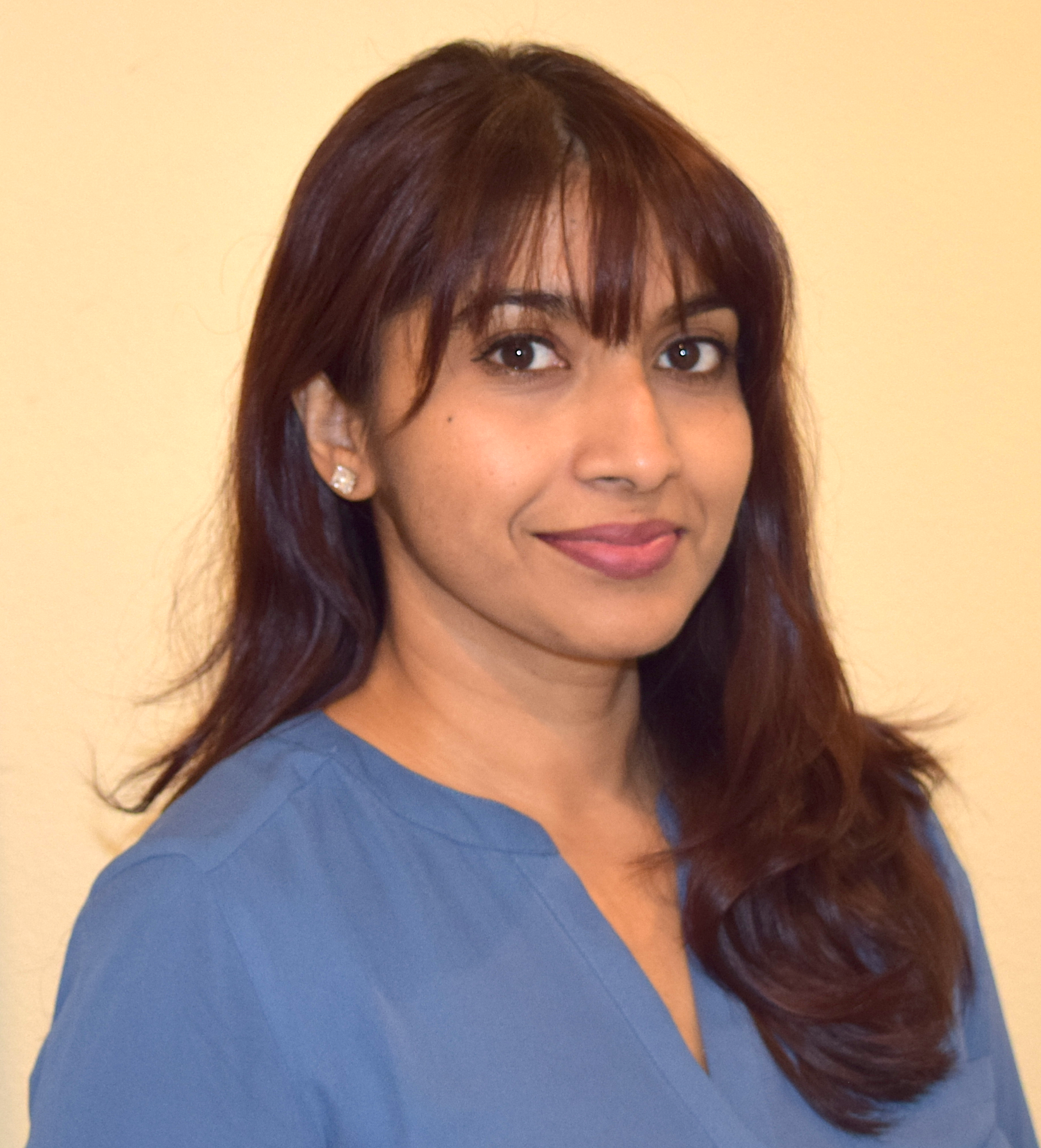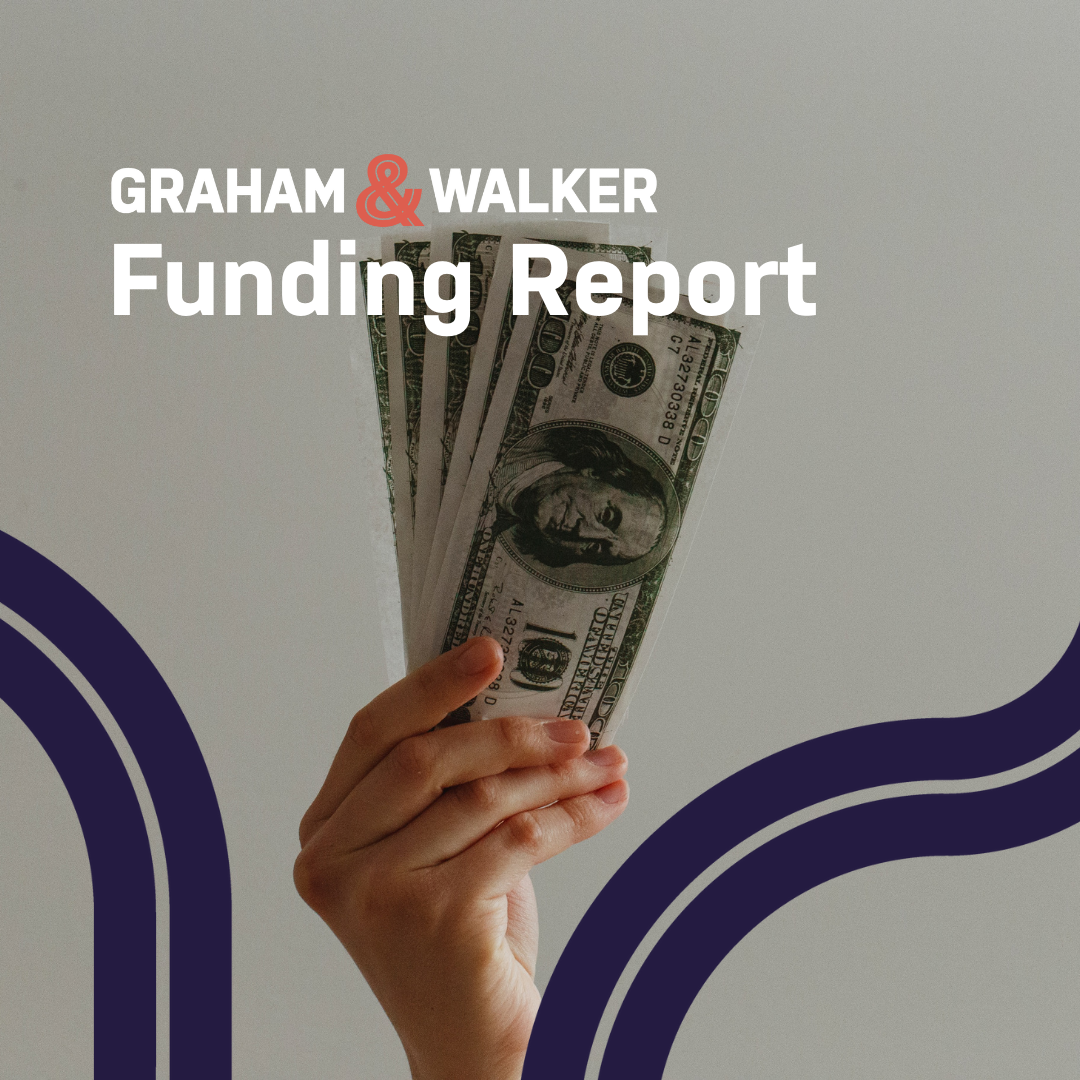
Priyanka Raha
is the CEO of PopSmart Kids, an educational technology startup. The company was founded earlier this year and has been a big proponent of promoting Digital Citizenship through the company’s newsletters and media posts. The first app is a collaborative story-writing app for children that will launch in January 2019. Recently, Priyanka has joined ParentMap as a contributing writer things intersecting children and technology. Read more about her and PopSmart Kids in our interview below.
• Tell us a little about PopSmart Kids?
PopSmartKids is an edtech startup that transforms screen time from a monitored time into a powerful tool for mentoring the future generation. At PopSmartKids, we are creating a platform that will explore creativity in young children through art and writing stories. Built by teachers and parents, we use technology to forge the human connection and encourages students to connect and collaborate with peers and teachers.
My venture is both mission-driven and personal. In my 15 years of career as a tech exec, my goal has been to promote the ‘human factor in technology’. Raising two kids and being responsible for them has made me realize how important and powerful that phrase is – the human factor in technology. My sons, ages 8 and 4, love to build and create. But when they are either watching or doing something on the screen, it just seems like a black hole as they are not coming by and showing what they have done, what they have learned. PopSmartKids was born out of a necessity to participate in creative endeavors leveraging the digital medium. Instead of that “black hole”, screen time can be a platform to create something positive and productive, that kids can be proud of.
With PopSmartKids, I want to build a collection of apps that will target specific aptitudes in the growth spectrum of a child’s development. These apps will effectively stimulate the young mind through creativity and nurture the human connection. For now the first release is going to be a collaborative storytelling app—not just because it’s fun (although it is), but because it’s a valuable skill kids can carry with them for the rest of their lives. The initial target market is parents of kids aged between 6 and 11. Kids this age respond and need the adulation of their mentors the most. The most important thing that motivates them is the fact that their parents and teachers have seen or witnessed their work.
• How is PopSmart Kids making a difference?
At PopSmartKids, we are driving the Mentoring-Over-Monitoring revolution. We are committed to promoting Digital Citizenship and responsible online behavior. Our mission is to change the conversation around technology when it comes to children interacting with it. This ties closely to how I feel as a parent who is deep into technology but also wary of how we use our it. I find it concerning that the apps currently available in the market are focused on the technological advances and not the learning aspects. These tools employ automation when they use the term “interactive.” Today’s classrooms are integrated with technology but a majority of the time, the human interaction and the interaction with a digital tool happen in silos. I want apps that allow a learning environment with seamless integration of both in-person learning and learning via technology. That is the only way we can support cultivating the socio-emotional skills of students which directly relates to their overall well-being.
This platform resists the one-size-fits-all methodology of other apps available in the market because it allows educators to provide individualized mentorship that is focused on each child’s needs and strengths. This enables each child to grow at his/her own pace and reach his/her maximum potential.
• What are some challenges you’ve faced?
Our challenges are related to how the edtech industry is established. We have to work with the same constraints that the schools face, which is, planning an adoption far in advance to rolling out a product. Academia marches to a different beat than the business world, and then every school has its own individual operating principles. This makes getting approval for new platforms difficult.
We have also had some trouble finding the right development team early on. This put us behind schedule on launching our product by weeks. This has also played in our favor of providing us the necessary time to learn about this industry and what it needs.
• What’s been your biggest win?
Our biggest win so far has been the response from our prospective customers – both teachers and parents. We have a handful of schools in the greater Seattle area who have signed up to use the platform in their classrooms. For us, it’s been the small things so far. For example, one of the parents we spoke to, as part of our customer discovery, looked at the prototype and said, ‘I wish I had something like this while growing up. I had so much trouble learning to write as a kid.’
• Who is your role model?
I have always had difficulty answering this question because I cannot point to one single person who has been my role model. I admire my Mom for her kindness and persistence. My Dad taught me the importance of hard work and financial literacy. In the past year I have been inspired by many entrepreneurs I have met for their work and tenacity. I am certainly influenced by the work of Devorah Heitner (author of Screenwise) for her work on young people’s relationship with digital media.
• What has been your experience been with the Female Founders Alliance?
When I started this company I realized how much I needed to learn, considering in the initial days I am the team working on all aspects of building a company. I looked for any startup related groups and joined them. I am glad I found the Female Founders Alliance. I love all the work that FFA is doing in providing a social, tangible and tactical support to help women in their entrepreneurial journey. The Access Media and Meet the Investors events were a few of the best events I attended. The recent Ready Set Raise program provided the much needed exposure to fantastic companies that female founders are building. I took away key learnings from these events.

